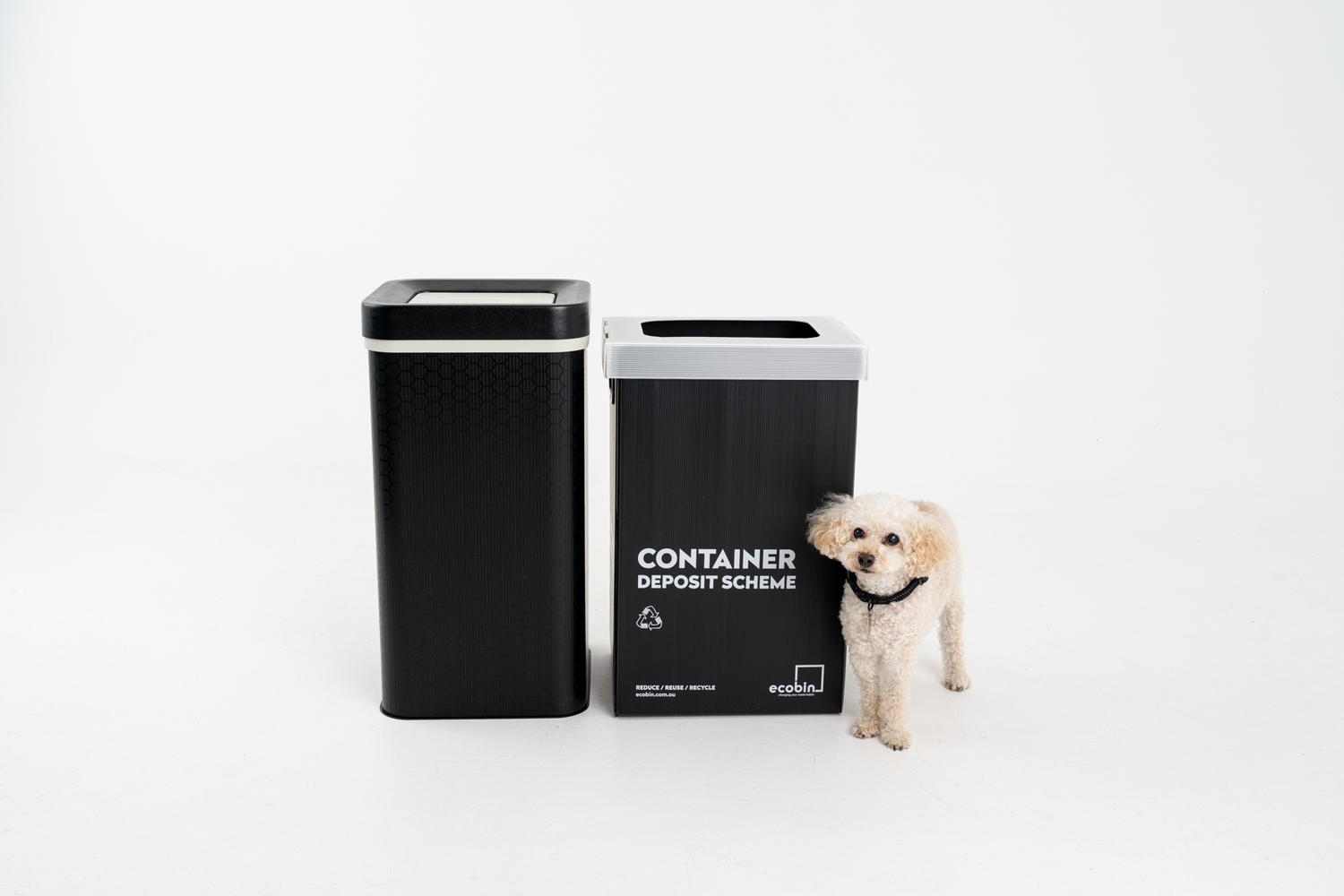
WHAT’S THE DEAL WITH PLASTIC RECYCLING?
Australians use 3.92 billion plastic bags each year, which is over 10 million new bags being used every day! It’s a staggering amount, but what’s interesting is that every type of plastic is fully recyclable…just not in the same way. It’s a common misconception that all recycling goes in the same bin, but this is unfortunately not the case, and can even ruin your recycling efforts all together.
While we encourage you to limit your plastic use as much as possible, sometimes you can’t avoid it, so in these cases, you should do whatever you can to ensure it is recycled properly. Unfortunately, there are so many conflicting messages as to what can and can’t go into our household recycling bins. First and foremost, you should always check with your local council as to what kind of plastics they can process in their machinery. Your friends in a different suburb may have a different set of rules than you do, so it’s important to do your research.
As for some general overall recycling information, here are some things to look out for.
SOFT PLASTICS
We’ve listed this one first because it’s the least known about, and most of us get it wrong which causes a negative ripple effect, but thanks to ABC’s War On Waste Program we’re all becoming more aware of how to deal with it.
Soft plastics include things like plastic bags, food packaging, bread bags and any other soft or flexible plastic that can be easily scrunched into a ball. This is the most common recycling mistake and can cause havoc for the mechanical sorting machines used in plastic recycling operations. As a general rule, these should not be placed in your household recycling bin. Instead, you can use the REDcycle program to recycle these plastics.
The REDcycle program helps to divert these soft, flexible plastics from entering landfill, and instead, they’re turned into a recycled material by Replas that can then be used for park benches, bollards, decking and more! Collect all your soft plastics that cannot be put into your household recycling bin and take them to your nearest REDcycle collection bin. There are drop-off bins near the checkouts in 480 Coles stores and 100 Woolworths stores around the country, and you can find your closest drop-off point using the store locator on REDcycle's website.
The general rule is that if the plastic can be scrunched up into a ball, it can be placed in a REDcycle collection bin. Examples of acceptable plastics include:
- Bread, pasta and rice bags
- Cereal box liners
- Biscuit packets
- Frozen food bags
- Ice cream wrappers
- Squeeze pouches
- Plastic sachets
- Bubble wrap
- Cling wrap
- Chocolate and muesli bar wrappers
- Silver-lined chip and cracker packets
- Confectionery bags
- Fresh produce bags
- Netting citrus bags
- Polypropylene bags
- Plastic film from grocery items like nappies and toilet paper
- Courier satchels
- Newspaper and magazine wrap
- Sturdy pet food bags
- Plastic bags from boutique/department stores
- Large sheets of plastic that furniture comes wrapped in (cut into pieces the size of an A3 sheet of paper first)
